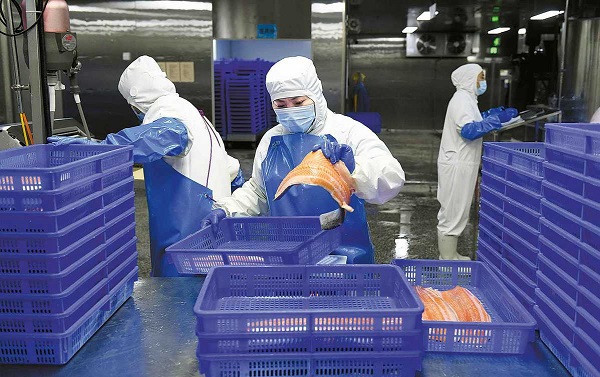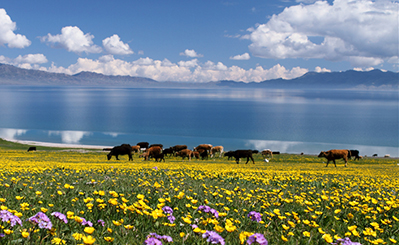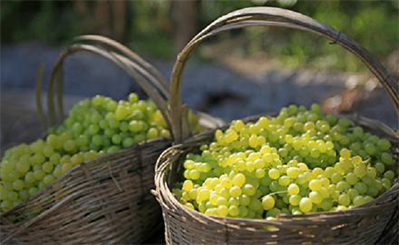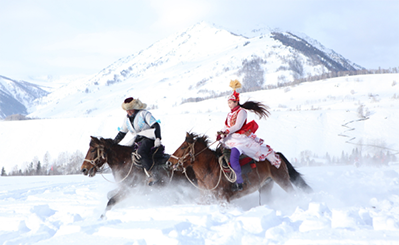Xinjiang expands its presence in overseas markets of aquatic products

Workers process rainbow trout at a fish farm in Urumqi, Xinjiang Uygur autonomous region, earlier this month. [Photo/seexinjiang.com]
Increasing amounts of aquatic products cultivated in clear, fresh water from melting snow are being exported to consumers around the world from a seemingly unlikely place, Northwest China's Xinjiang Uygur autonomous region.
Xinjiang Zungui Fresh Food Technology Co — which cultivates trout — was recently approved to export its fish to the European Union, further expanding its overseas markets.
Trout are known for their meaty texture and few bones.
"We are preparing the first batch of trout products for export," said Wang Yuan, deputy general manager of the company. "About 10 percent of our aquatic products are sold in overseas markets, including Singapore and Malaysia, where they have been well received."
The region's natural lakes and the melting snows and glaciers of the Tianshan Mountain Range provide a good environment for fish farms.
The spacious, pure and cold waters of the region are rich in dissolved oxygen, and the water temperature remains below 20 C, which make for superior-quality aquatic products, said Wang. In addition, the water is deep enough to accommodate deep-water cages, she added.
In recent years, local farmers have been cultivating a wide variety of aquatic foods, including pond smelt, northern whitefish, shrimp, tilapia, abalone and lobster.
Aquaculture has become a new driver of economic development in the region, with the export volume of freshwater products increasing and showing promise for the future.
In 2022, Xinjiang's output of aquatic products reached 159,500 metric tons, up 2.9 percent year-on-year, according to the regional government. That's nearly double the 80,000 tons produced in 2006.
The Urumqi Customs has strengthened source controls and established a comprehensive monitoring and surveillance system throughout the entire supply chain for aquatic products, including the breeding environment and process. This aims to ensure a high level of product quality and safety, said Li Wenge, director of the customs' import and export food safety office, at a news conference in September.
To maintain the high quality of its trout products, the Zungui company has introduced world-leading processing and packaging equipment and auxiliary facilities — metal detectors, microbial testing devices and ozone disinfection systems.
Wang, the deputy general manager, said the high quality and safety requirements of the European market will help the company stay focused on management and innovation, thereby enhancing the competitiveness of its products in both the domestic and overseas markets.
"In the future, we plan to expand into more foreign markets, including Central Asia, the Middle East and Indonesia," she said.
Diao Wanfang, an officer of the Urumqi Customs' office for enterprise management and inspection, said that to assist companies in the region as they seek to expand overseas, the customs arranges specialized training on the registration regulations of the EU, and it conducts on-site visits to key production areas to assess the companies' management and quality control systems and guide them in making improvements in line with the requirements of the importing countries.
"We are currently assisting three food production companies in getting export approval for nine countries and regions in Central Asia and Europe," Diao said.
 Attractions
Attractions Dining
Dining Culture
Culture